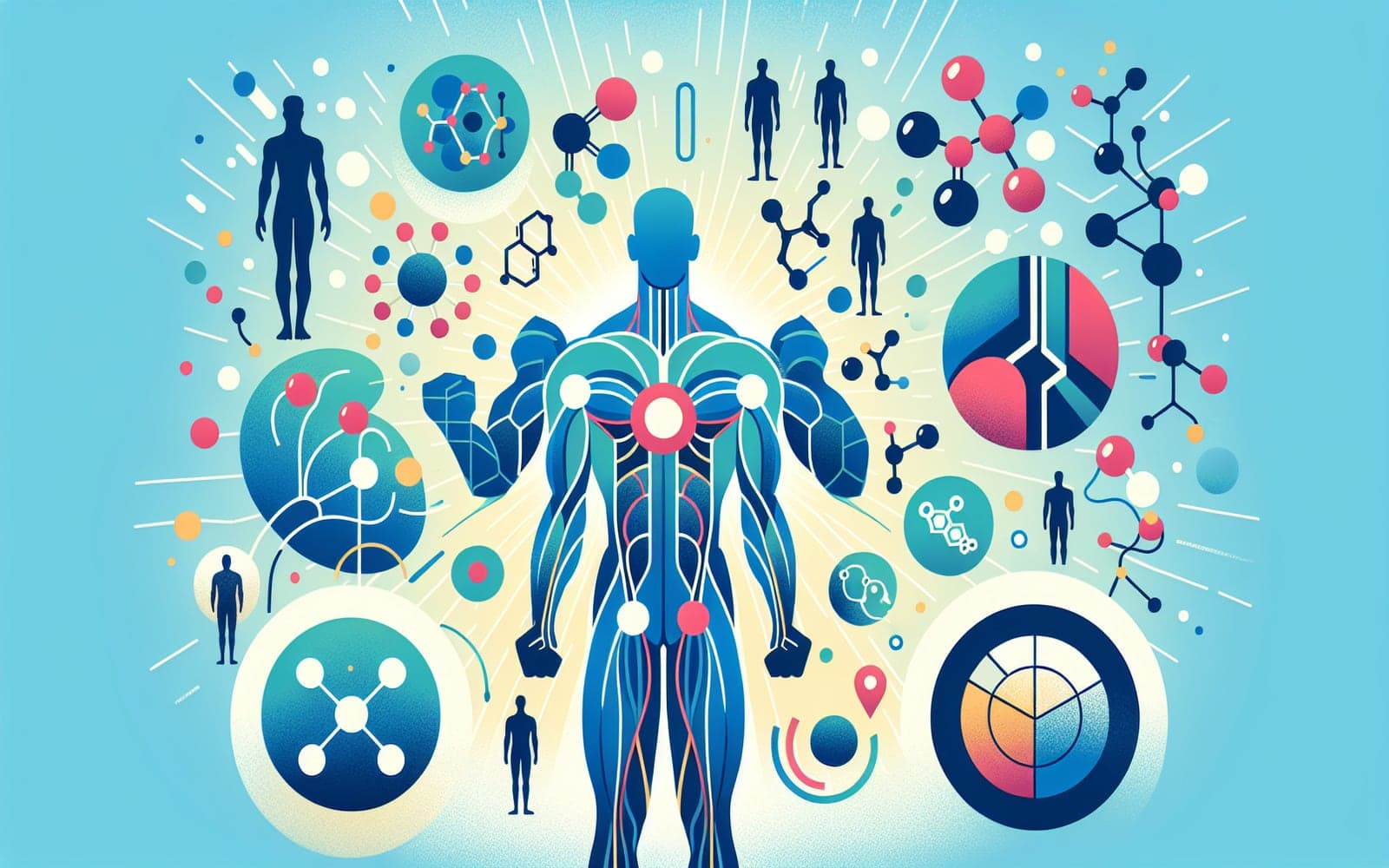What Science Says About Muscle Weakness
Published: Sep 07, 2024
Scientific studies continue to shed light on muscle weakness, helping us understand causes, treatments, and prevention. Let's delve into what recent research reveals.
Contents
Genetic Studies
Genetic research has identified numerous genes associated with muscle disorders. These discoveries are crucial for understanding hereditary muscle weakness. Genetic testing can now pinpoint specific disorders, aiding in accurate diagnosis and treatment.
Innovations in Diagnostics
Advancements in diagnostic tools like MRI and genetic testing have improved our ability to diagnose muscle weakness. These tools help identify specific muscle abnormalities and guide targeted treatments, enhancing patient outcomes.

Therapeutic Developments
Recent studies have explored new therapies for muscle weakness. From medications to lifestyle interventions, these therapies aim to improve muscle strength and quality of life for patients. Ongoing research continues to provide hope for better treatments.
Frequently Asked Questions
Many genes linked to muscle disorders have been identified.
Tools like MRI and genetic testing enhance diagnosis accuracy.
Research explores medications and lifestyle interventions for muscle strength.
It provides hope for better understanding and treatment of muscle weakness.
Key Takeaways
Continued research promises new insights and treatments for muscle weakness.
Engage with Doctronic to learn about the latest research on muscle weakness.Related Articles
References
Shaibani A, Jabari D, Jabbour M, et al. Diagnostic outcome of muscle biopsy. Muscle Nerve 2015; 51:662.
Kassardjian CD, Amato AA, Boon AJ, et al. The utility of genetic testing in neuromuscular disease: A consensus statement from the AANEM on the clinical utility of genetic testing in diagnosis of neuromuscular disease. Muscle Nerve 2016; 54:1007.
Always discuss health information with your healthcare provider.